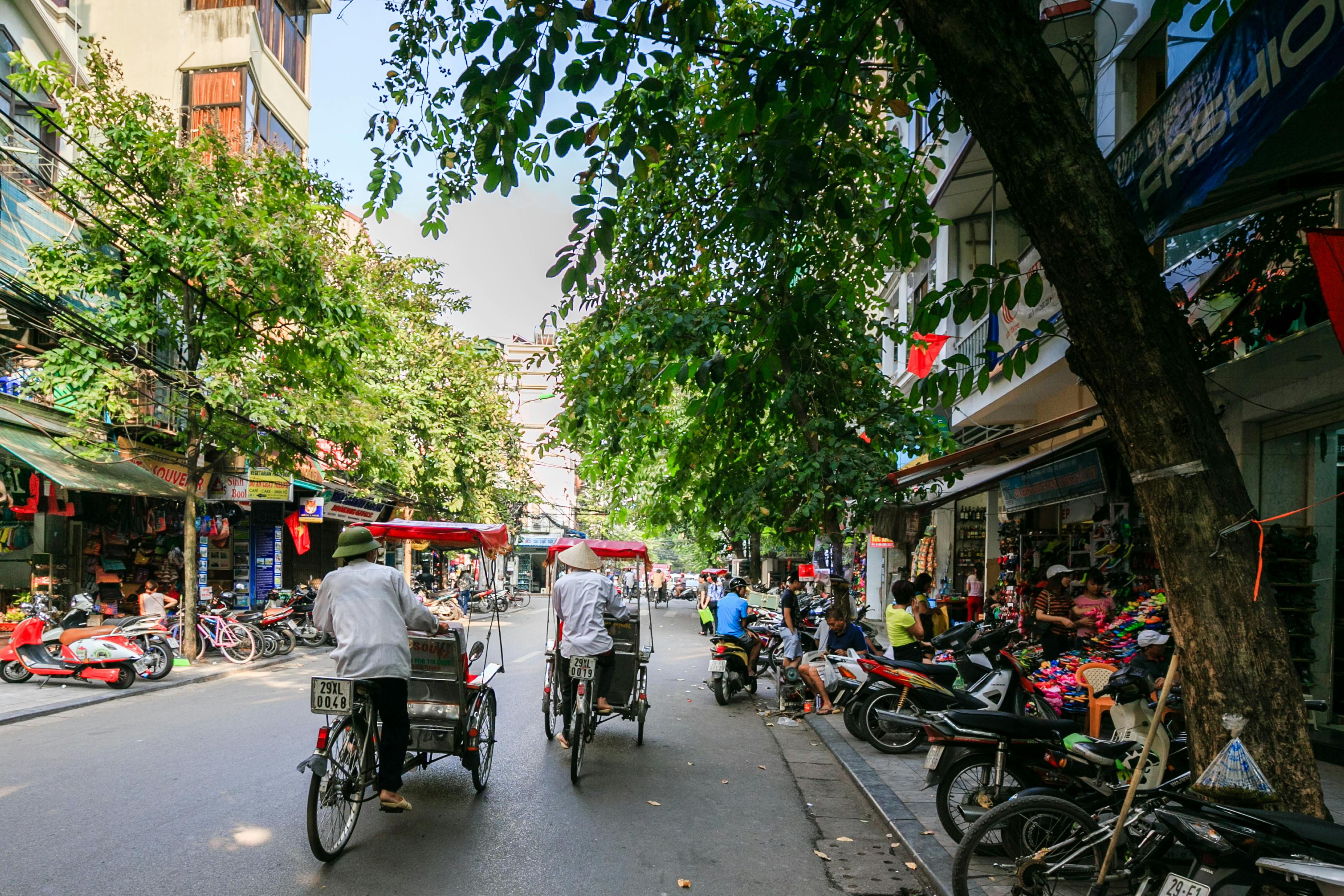Nobody wants to admit that they get old, but it happens to everyone. Now, in my senior year, I get to talk about what it is that makes older people so unpleasant to younger ones. This debate gained notoriety in Australia due to a recent Royal Commission on Aged Care. Inspired by the treatment of such people in nursing homes and elsewhere, my fear is to be subjected to a fraction of what was exposed as a result should the need arise.
In these homes, the most vulnerable are often beaten, malnourished, denied treatment and generally treated as money-earning items for their owners. So should anyone be subject to that?
The lack of adequate and untrained staff adds to the problem. Because of the profits, these places operate on tight budgets and costs are kept to a minimum. While many are subsidized by governments, they collect and pocket that money without improving services.
The question now is whether older people should stay in their own homes and have better and more adequate support to do so. That would include the provision of workers to carry out essential personnel to help them cope.
Many older people fall into a state of deep depression and are afraid to engage in social contact or to do more for themselves. Governments are often to blame in this regard because of the restriction placed on those who receive a pension.
The Social Security payment has huge consequences if you make money or try to do things outside of the system. That denies people their independence and freedom to do things that would help with their self-esteem and coping skills.
Governments face huge financial commitments if they go down the path of providing more inpatient and assisted care. It will add up to be billions of dollars. The issue then becomes helping older people to maintain their independence by allowing them to earn money using their skills well into old age and still receiving the pension.
The result could be a much better economy because of the flow of money now denied to you. By imposing harsh restrictions on the elderly, they feel what governments expect of them, that is, useless dependents who are frowned upon by the majority of society. The answer could be much simpler than is now considered simply allowing people to continue to function rather than locking them up in institutions where death is their only escape route.



